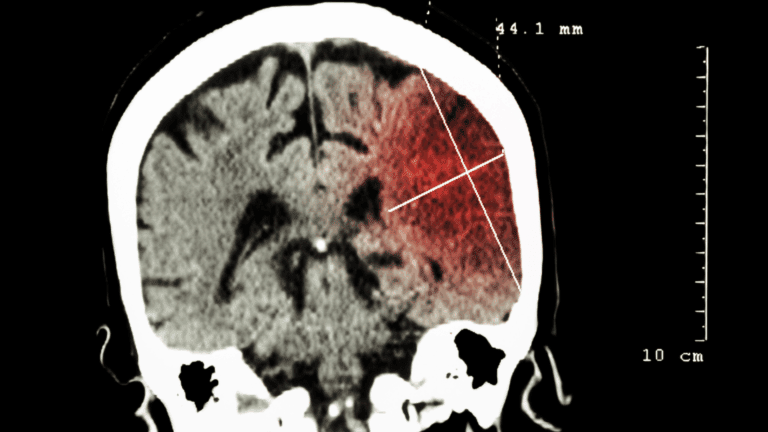For only the third time ever, World Statistics Day happens today – an event celebrated every five years, first organized under the guidance of the United Nations Statistical Commission in 2010.
The 2020 World Statistics Day’s focus on ‘data we can trust’ is “very appropriate given the current highly polarized political situation in many countries, due in part to the SARS-CoV2 pandemic,” notes Shrikant Bangdiwala, Director, Statistics Department and Senior Scientist at PHRI, and Professor in McMaster University’s Department of Health Research Methods, Evidence and Impact.

Shrikant Bangdiwala
“People around the globe are not trusting information from governments and public health authorities on measures to prevent the spread of the virus – wearing masks, maintaining physical distance, limiting time indoors in public spaces,” says Dr. Bangdiwala.
“Part of the problem is how the information is communicated. Government officials must themselves realize that the public is ‘statistically illiterate’ and consider this in their messaging to communities at large.
“Statisticians who have knowledge of communicating information, rather than communicating data, need to be involved in the solution for overcoming statistical illiteracy in society.
“For example, communicating the uncertainty, in the estimates of risks, has been absent from most messages. The fact that little is well-known about risk factors for COVID-19 disease progression and treatments, and what is known is dynamically changing, makes this even more challenging – and more important to address.”
He adds, “Communicating data in an informative way may lead to changing knowledge, and hopefully changes in behavior for healthier and safer lives.”
Dr. Bangdiwala was named as a member of the USA NIH National Institute of Allergy and Infectious Diseases (NIAID) COVID-19 Preventive mAb Data and Safety Monitoring Board (DSMB) in July 2020, one of many statistical leadership roles he has filled in global health research.
Happy World Statistics Day from everyone at PHRI – in particular from our large department of statistical analysis and biometric programming experts, who not only support our trials and studies, but publish their own statistics research.
Join us in reflecting on the importance of statistical literacy and communication of health research information to the general public.



